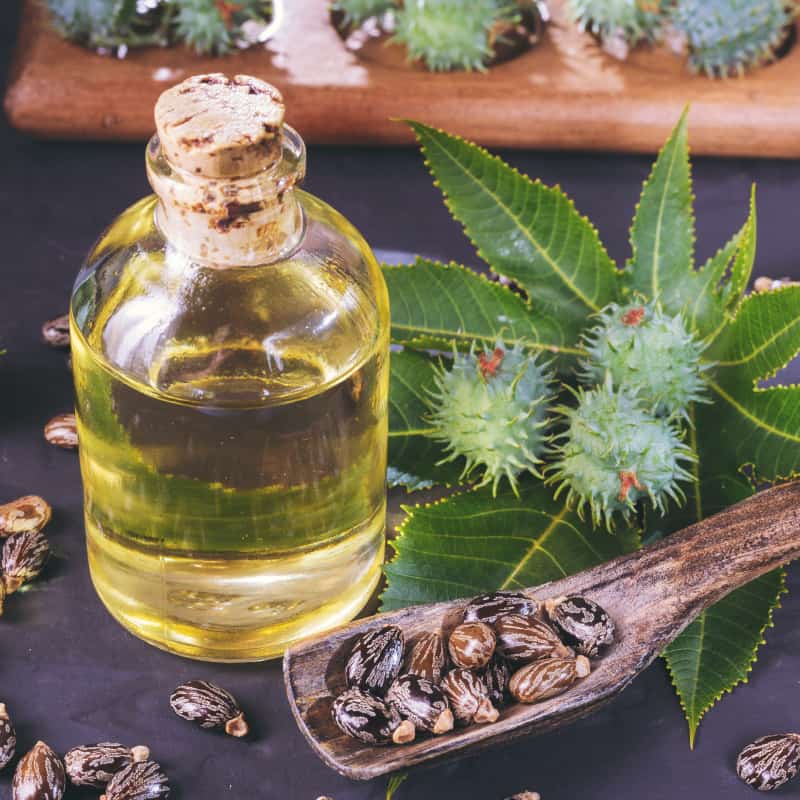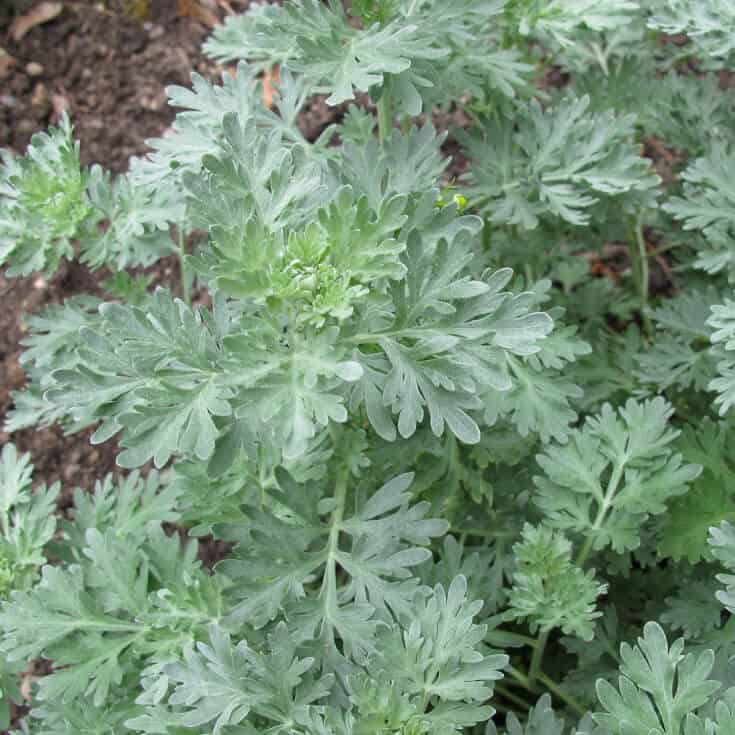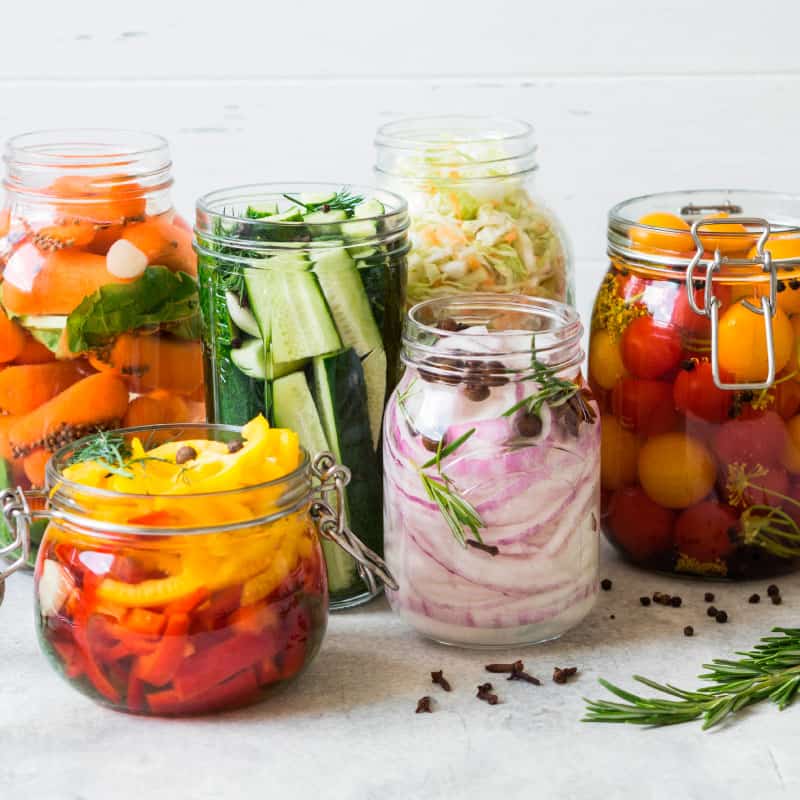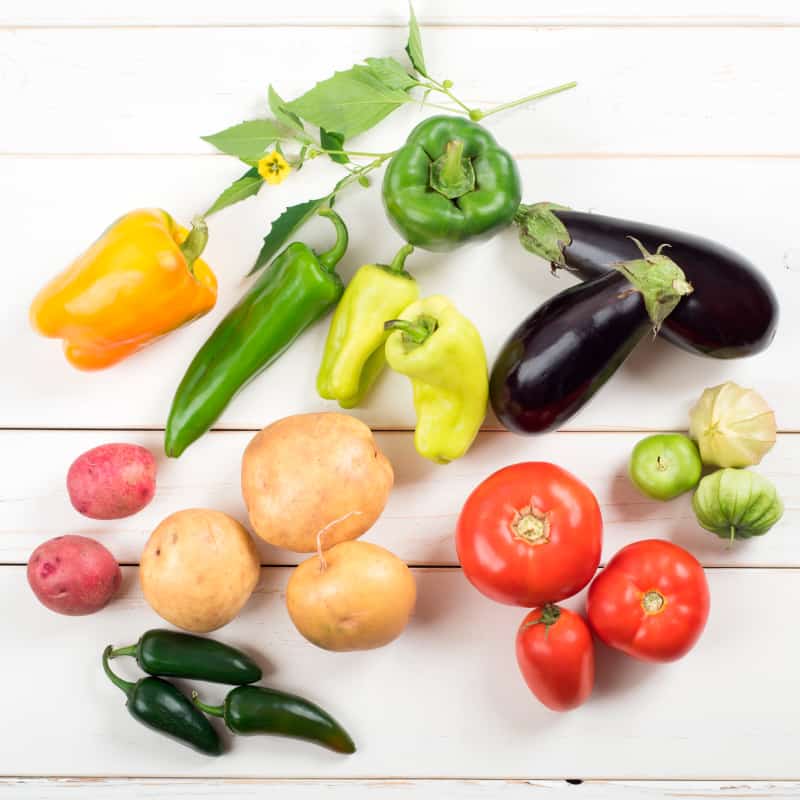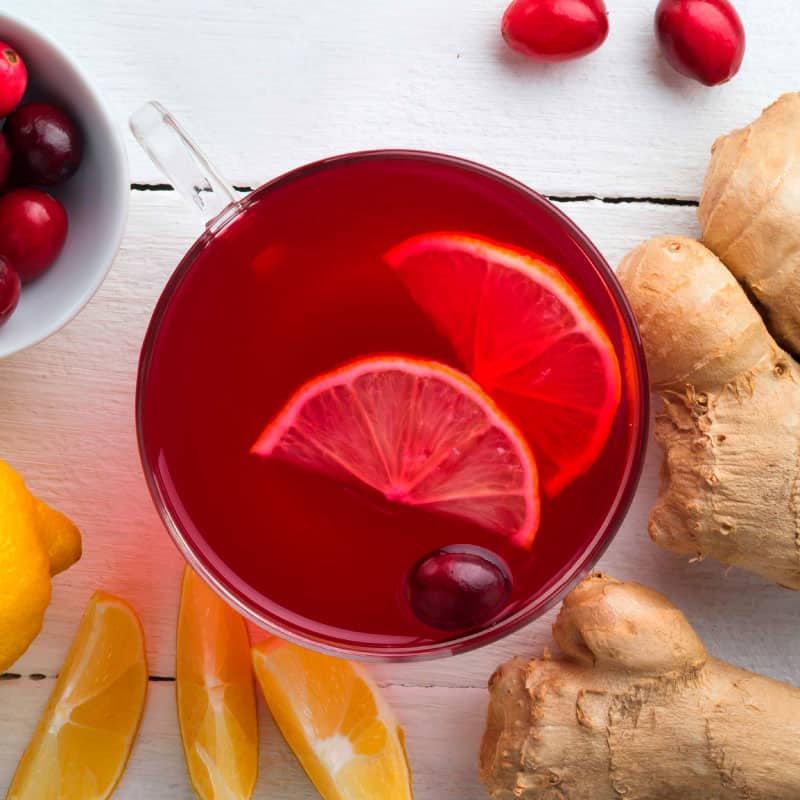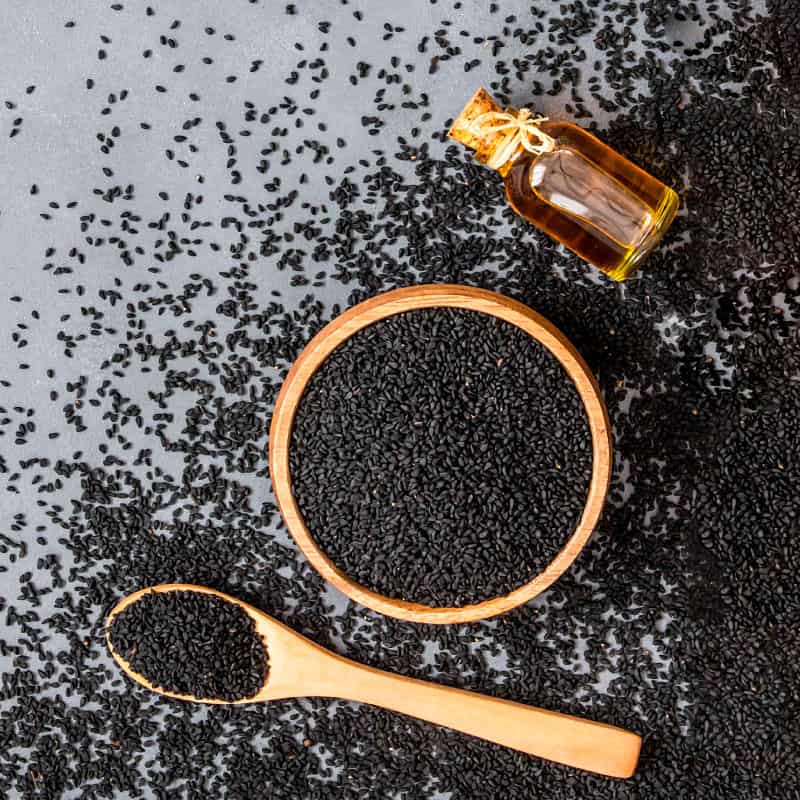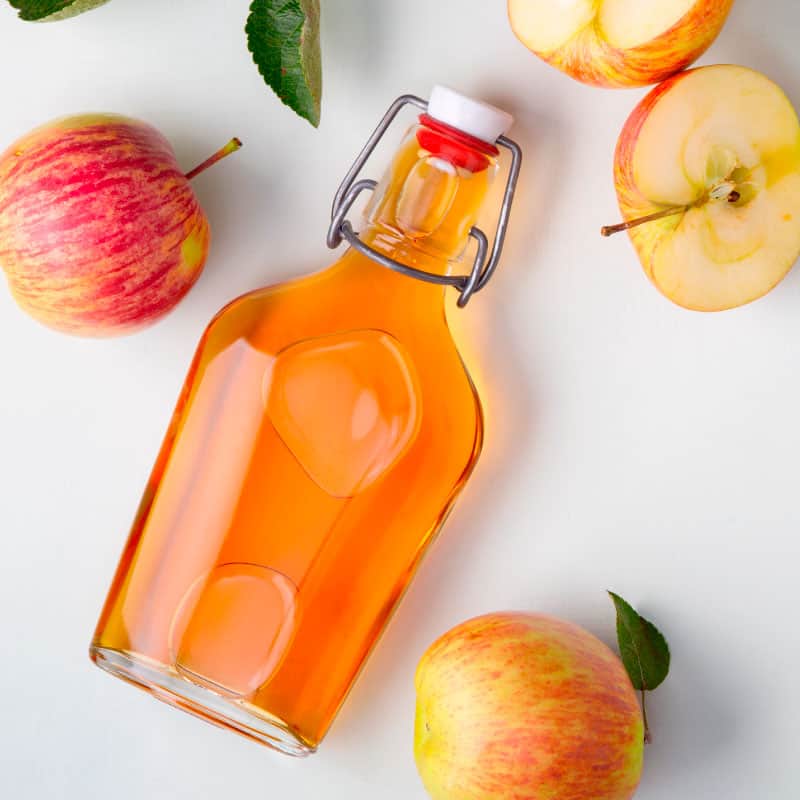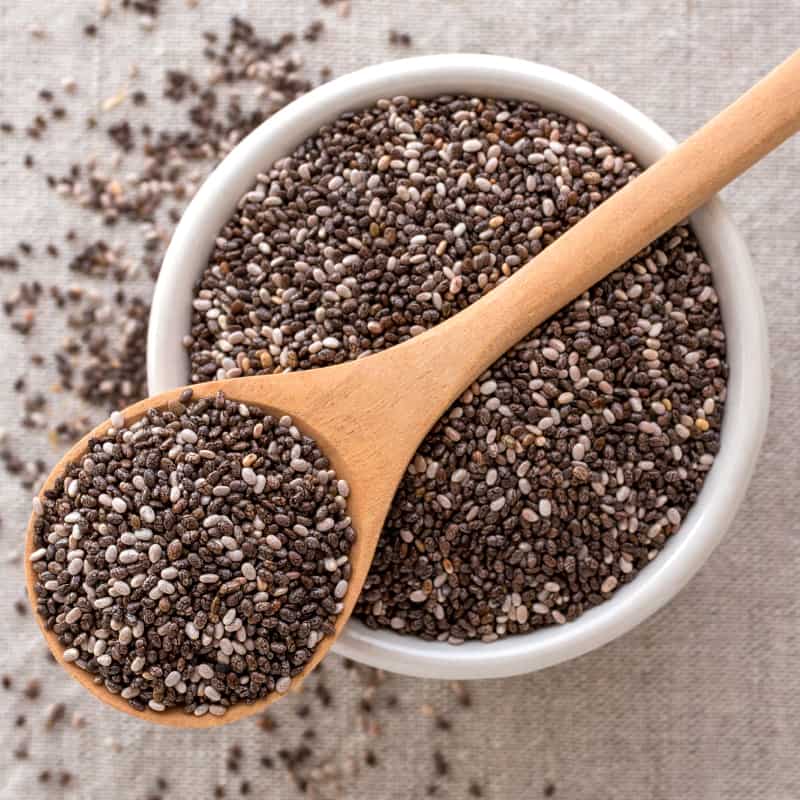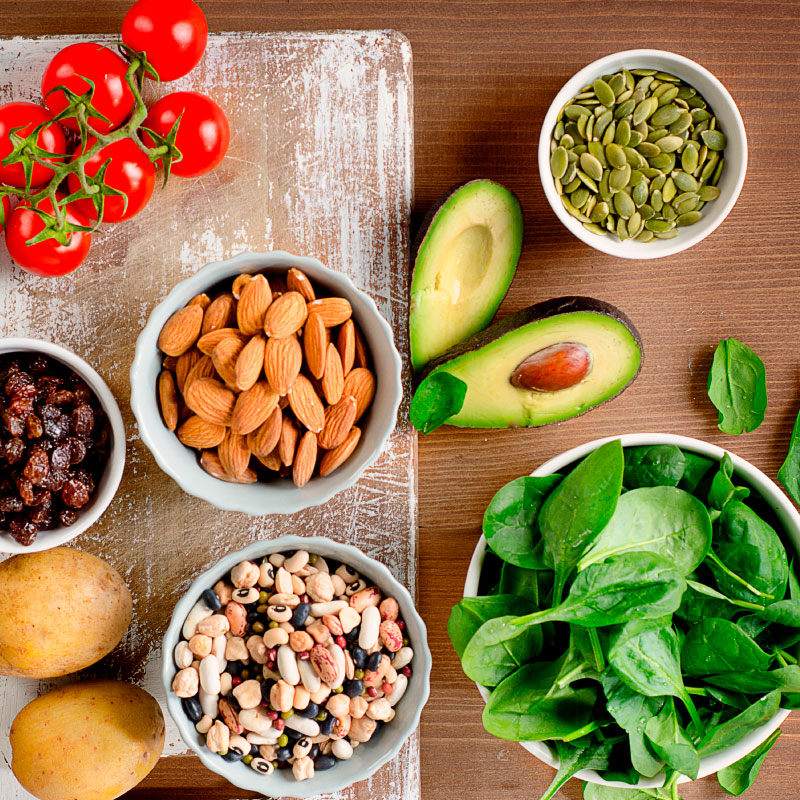This Dr. Axe content is medically reviewed or fact checked to ensure factually accurate information.
With strict editorial sourcing guidelines, we only link to academic research institutions, reputable media sites and, when research is available, medically peer-reviewed studies. Note that the numbers in parentheses (1, 2, etc.) are clickable links to these studies.
The information in our articles is NOT intended to replace a one-on-one relationship with a qualified health care professional and is not intended as medical advice.
This article is based on scientific evidence, written by experts and fact checked by our trained editorial staff. Note that the numbers in parentheses (1, 2, etc.) are clickable links to medically peer-reviewed studies.
Our team includes licensed nutritionists and dietitians, certified health education specialists, as well as certified strength and conditioning specialists, personal trainers and corrective exercise specialists. Our team aims to be not only thorough with its research, but also objective and unbiased.
The information in our articles is NOT intended to replace a one-on-one relationship with a qualified health care professional and is not intended as medical advice.
Use Antiviral Herbs to Boost Immune System and Fight Viruses
April 1, 2020
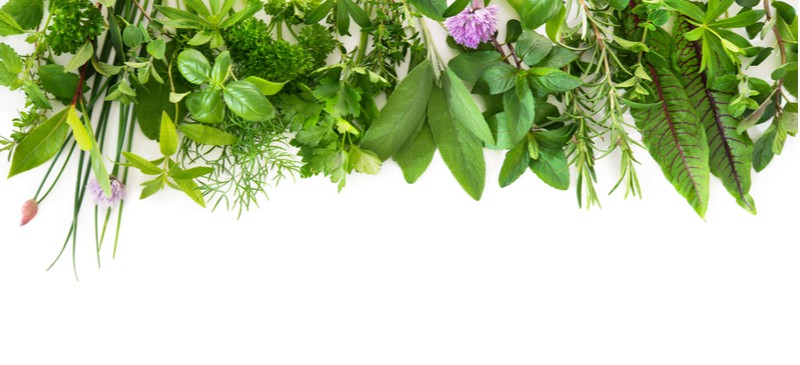
Did you know that there are more than 400 different viruses that can cause infections, including the common cold, the flu, hepatitis, mononucleosis and HIV?
Today, many people choose to have an annual influenza vaccination, or flu shot, but research shows that it’s not always effective because of the mutating strains of the influenza virus.
Luckily, there are a number of powerful antiviral herbs that boost the immune system, reduce inflammation and fight infections.
What Is a Virus?
A virus is a small infectious agent that can only replicate inside the living cells of other organisms. Viruses can infect all types of life forms — humans, animals, plants and microorganisms, including bacteria and archaea. They’re found in almost every ecosystem on Earth, and they’re the most abundant type of biological entity.
Viruses have actually been described as “organisms at the edge of life” because they carry genetic material, reproduce and evolve through natural selection, but they lack cell structure, which is generally needed to be considered living.
There are many ways that a virus spreads. In animals, a virus is carried by blood-sucking insects. Some viruses, like influenza, are spread by coughing and sneezing.
Viruses like viral gastroenteritis (infectious diarrhea) are transmitted by the fecal–oral route (which is a result of poor sanitation) and are passed from person to person by contact or enter the body through food and water. HIV is one of several viruses that’s transmitted through sexual contact and by exposure to infected blood.
What Are Antiviral Herbs?
Antiviral herbs inhibit the development of viruses. Many of the best antiviral herbs boost the immune system, which allows the body to attack viral pathogens. This can be even better than attacking specific pathogens, which antiviral drugs are designed to do, because pathogens mutate over time and become less susceptible to treatment.
Not only do antiviral herbs fight viral infections, boost the immune system and work as flu natural remedies, but they have a number of other health benefits, such as cardiovascular, digestive and anti-inflammatory support.
Related: Usnea Benefits for the Kidneys, Immunity, Respiratory System & More
Top Antiviral Herbs
1. Echinacea
Echinacea has become one of the top-selling herbs of all time; that’s because regular use of echinacea is beneficial for immune support and overall health. There is considerable evidence suggesting that phytochemicals in echinacea have the capacity to reduce virus infections and tumors.
Echinacea is one of the most powerful natural antivirals against human viruses. It contains a compound called echinacein that inhibits bacteria and viruses from penetrating healthy cells. This greatly reduces the chances of contracting any type of infection while consuming echinacea.
Some more echinacea benefits include its ability to alleviate pain, reduce inflammation, improve skin problems, treat upper respiratory issues and improve mental health. (The antiviral herbomineral shilajit also appears to help reduce pain and inflammation.)
2. Elderberry
Elderberry has powerful immune-boosting, antiviral properties. Several studies conclude that elderberry may help to shorten the duration of cold symptoms. There’s also research indicating that daily elderberry extract works to improve symptoms of the flu.
Elderberry is rich in antioxidant and anti-inflammatory compounds. It also contains an immunostimulant compound called anthocyanidins.
You’ll have plenty of elderberry options at your local grocery or health food store. Some of the most popular forms are elderberry syrup, gummies and juice.
3. Andrographis
Andrographis is one of the most popular medicinal plants that has been used for centuries in America, Asia and Africa. It possesses powerful compounds that have antiviral, antimicrobial, antioxidant and anti-inflammatory effects.
Traditionally, andrographis was used for influenza and malaria. Today, researchers have explored andrographis as a potent antiviral remedy. It has been deemed a miraculous compound for restraining virus replication and virus development.
A 2017 study published in Microbes and Infection found that when andrographolide (the active ingredient in andrographis) was given to mice with the influenza virus, along with a virus entry inhibitor, the combination increased survival rate, diminished lung pathology, decreased the virus load, and reduced inflammatory cytokines.
Andrographis is available in capsule and tincture forms, and it can be found online or in most health food stores.
4. Garlic
Experiments have shown that garlic — or specific chemical compounds found in garlic — is highly effective at killing countless microorganisms responsible for some of the most common and rarest infections, including tuberculosis, pneumonia, thrush and herpes.
Not only is it one of the best antiviral herbs for herpes, but its properties also help to treat eye infections and it works as a natural ear infection remedy.
Some more raw garlic benefits include its ability to reduce the risk of cancer, control hypertension, boost cardiovascular health and fight hair loss.
To make a garlic oil infusion at home, crush garlic cloves and add them to a carrier oil (like olive oil). Let the mixture sit for about five hours, and then strain the bits of garlic and keep the oil in a jar with a lid. This infusion can also be used as an antiviral herb for cold sores when used topically.
You can also swallow a raw clove of garlic; you might need to cut it in half if it’s too large. Bite down once to release the allicin; then swallow with water like a pill.
5. Astragalus Root
Astragalus root, another powerful antiviral herb, has been used in traditional Chinese medicine for centuries, and its main use is to boost the body’s immune system. Scientific studies have shown that astragalus has antiviral properties and stimulates the immune system, suggesting that it may help remedy the common cold or flu.
It’s one of the most effective antiviral herbs for HSV. A 2004 study evaluated the effects of astragalus on herpes simplex virus type 1 and found that the herb has obvious inhibiting efficacy.
Another study published in the Chinese Medical Sciences Journal concluded that astragalus is able to inhibit the growth of coxsackie B virus in mice.
Not only does it work as a natural viral infection treatment, but astragalus also has antibacterial and anti-inflammatory properties, and it is used on the skin for wound care. It’s also one the adaptogen herbs to lower cortisol.
6. Turkey Tail
Turkey tail mushroom is well-known for its ability to stimulate immune function. It contains polysaccharides that have immune-boosting power when consumed.
When researchers evaluated the immune-modulating effects of turkey tail, they found that it was able to increase antiviral cytokines and had modest effects on growth factors.
Research also suggests that turkey tail is effective against an oral strain of the human papillomavirus (HPV). When it was used in combination with reishi during the 2-month treatment period, the mushrooms improved results in 88 percent of patients.
The most common ways to use turkey tail is in capsule, powder or tea form. Medicinal mushrooms are rising in popularity and can be found easily in your local health food store.
7. Reishi
Reishi mushroom is an adaptogenic mushroom that helps to strengthen the body’s defenses against infections. It helps to bring the body back to homeostasis and regulate immune function.
Reishi contains two powerful compounds, polysaccharides and triterpenes, which are known for their ability to enhance the immune response and reduce inflammation.
Studies highlight the antiviral effects of turkey tail compounds that are able to block the absorption of virus to the cells.
You can easily find reishi and other medicinal mushrooms in capsule and powder forms in your local health food store.
8. Licorice Root
Licorice root is emerging as a prominent player in the search for treatment and prevention for diseases like hepatitis C, HIV and influenza.
The Chinese Journal of Virology published a review that confirms the antiviral activity of licorice root due to its triterpenoid content. Another 2010 publication notes licorice’s antioxidant, free radical-scavenging and immunostimulating effects.
Some more licorice root benefits include:
- Sore throat remedy for fast relief
- Cough natural remedy
- Protection against leaky gut signs and symptoms
- Reduce adrenal fatigue
- Pain relief
9. Olive Leaf
The olive leaf has antiviral properties, giving it the ability to treat the common cold and dangerous viruses, including candida symptoms, meningitis, pneumonia, chronic fatigue syndrome, hepatitis B, malaria, gonorrhea and tuberculosis; it also treats dental, ear and urinary tract infections and is a natural treatment for shingles.
Research shows that olive leaf extracts effectively fight against a number of disease-causing microbes, including some viruses that cause influenza and other respiratory infections. The powerful compounds found in olive leaves destroy invading organisms and don’t allow viruses to replicate and cause an infection.
In fact, the olive leaf is so beneficial to our health that treatment with olive leaf extracts reversed many HIV-1 infection-associated changes in a study done at the New York University School of Medicine.
10. Oregano
Oregano is a powerful antiviral agent. Medicinal grade oregano is distilled to extract the essential oil and preserve its healing compounds; in fact, it takes over 1,000 pounds of wild oregano to produce just 1 pound of oregano oil!
Oregano oil benefits are proving to be superior to some antibiotics, without the harmful side effects. That’s because oregano contains two powerful compounds, carvacrol and thymol, that have powerful antibacterial and antifungal properties.
It’s the carvacrol that reverses viral infections, as well as allergies, tumors, parasites and disease-causing inflammation.
11. Sage
Sage is an essential ingredient in traditional Chinese medicine and Ayurvedic medicine. Traditional herbalists value sage for its ability to help fight infections and improve a number of ailments.
Research illustrates that sage has antiviral, antioxidant and anti-inflammatory effects. Studies show that the diterpenes in sage help to fight viral infections.
One of the best ways to use sage is by drinking sage tea. It has soothing and healing properties, and can be made at home with fresh sage leaves or bought ready-to-serve at your local health food store.
Related: Top 20 Anti-Inflammatory Herbs and How to Use Them
How to Use
Herbal Tea
Teas are a great way to get the antiviral benefits of herbs every day. Steep one tablespoon of herbs in hot water for 5–10 minutes. Echinacea, for example, is a popular herbal tea that’s sold in most food stores, so the work is already done for you.
Herbal Infusion
Herbal infusions are stronger than teas because they require a larger quantity of herbs. To make your own herbal infusion, steep a cup of antiviral herbs in water for about 7 hours.
Keep the infusion in an air-tight jar, and drink it cold or heated. Because the infusions are strong, don’t drink more than one cup a day.
DIY Herbal-Infused Oil
An infused oil is when you heat the herb in a carrier oil for several hours. You can use the oven to heat the mixture, or try leaving it in a hot and sunny place for 12 hours. Use about 1/2 cup of antiviral herbs (you can use one herb or a mixture), and add it to 1 cup of coconut or jojoba oil.
If you heat the mixture in the oven, it should be in an oven-safe dish for 3 hours at 200 degrees. If you decide not to use the oven, put the mixture in an air-tight jar and let it sit in a sunny place for about 12 hours.
Once the herbs are infused into the oil, drain the leaves and keep the oil in a jar. You can use the oil topically to alleviate pain and get rid of infections.
Essential Oils
Many of these herbs are sold as essential oils; make sure to purchase organic and pure essential oils from a reputable company.
To use essential oils benefits like their antiviral properties, diffuse 3–5 drops in your home, add 2–3 drops to warm bath water or mix 1–2 drops with a carrier oil and apply the mixture directly to the skin.
Massaging essential oils into your feet, abdomen and chest is useful when fighting a fever or flu symptoms. If you are new to this natural remedy, use my Essential Oils Guide to get you started.
Recipes
A great way to get herbs into your everyday diet is by adding them to a smoothie. A great option is my Alkalizing Juice Recipe that has a knob of garlic; this is a great way to fight viral infections and boost your cardiovascular health.
Try making herbal teas at home. They’re easy and full of health benefits. You can use licorice root in place of turmeric — just follow my Turmeric Tea Recipe and add a teaspoon of the herb of your choice. However, studies suggest that curcumin allows for turmeric’s antiviral benefits.
Don’t miss an opportunity to add these powerful antiviral herbs to your meals. They can be thrown onto so many meals throughout the day, and it’s worth it! Try my Veggie Omelet that calls for garlic and oregano — two antiviral herbs that fight infections.
An easy way to add these herbs into your diet is to throw them in healthy soups! Choose from these 49 Healthy Soup Recipes; you can add 2–5 drops of an essential oil, herbal infusion or oil infusion to any of these soups. They boost the flavor and health benefits.
Risks and Side Effects
If you use infusions or essential oils, remember that the products are extremely potent and should not be taken for a long period of time. If you use these natural remedies for their antiviral properties, do not consume them for more than two weeks. Giving yourself a break between long doses is important.
If you are pregnant, be cautious of using essential oils and reach out to your health care provider before doing so.
Some of these antiviral herbs interact with medications, so read up on an herb before you begin consuming its extract or essential oil.
Final Thoughts
- Are you anxious about how to get rid of a virus? With highly contagious viruses going around, such as the flu, people are searching for natural antiviral compounds that will actually work.
- Natural antivirals, including foods that are antiviral and antiviral essential oils, help to boost the immune system and fight viral infections, including influenza, herpes, HIV and maybe even HPV, although researchers are exploring the possibilities.
- To maintain a healthy immune system so that your body can fight pathogens that it will inevitably encounter, make antiviral teas, tinctures, supplements and essential oils part of your health regime.



